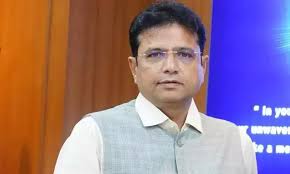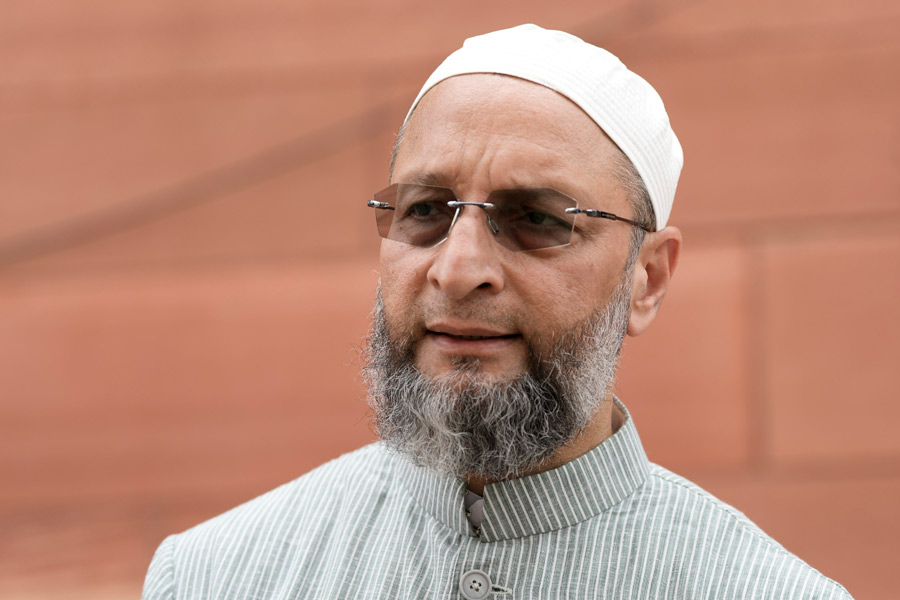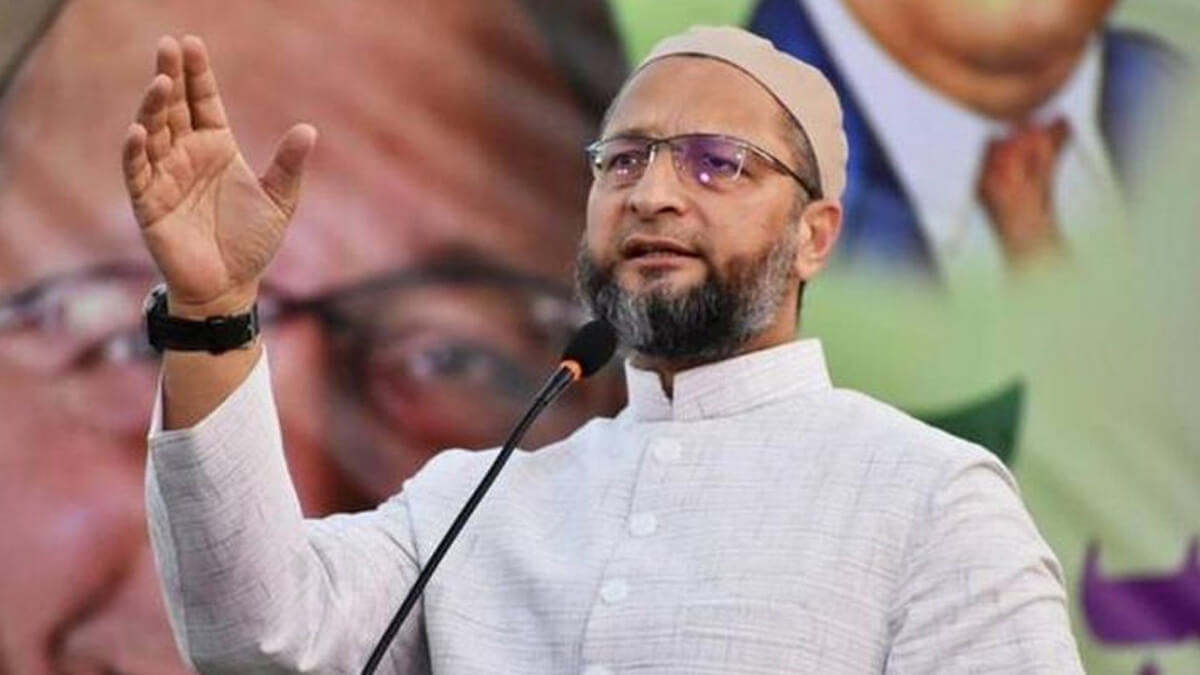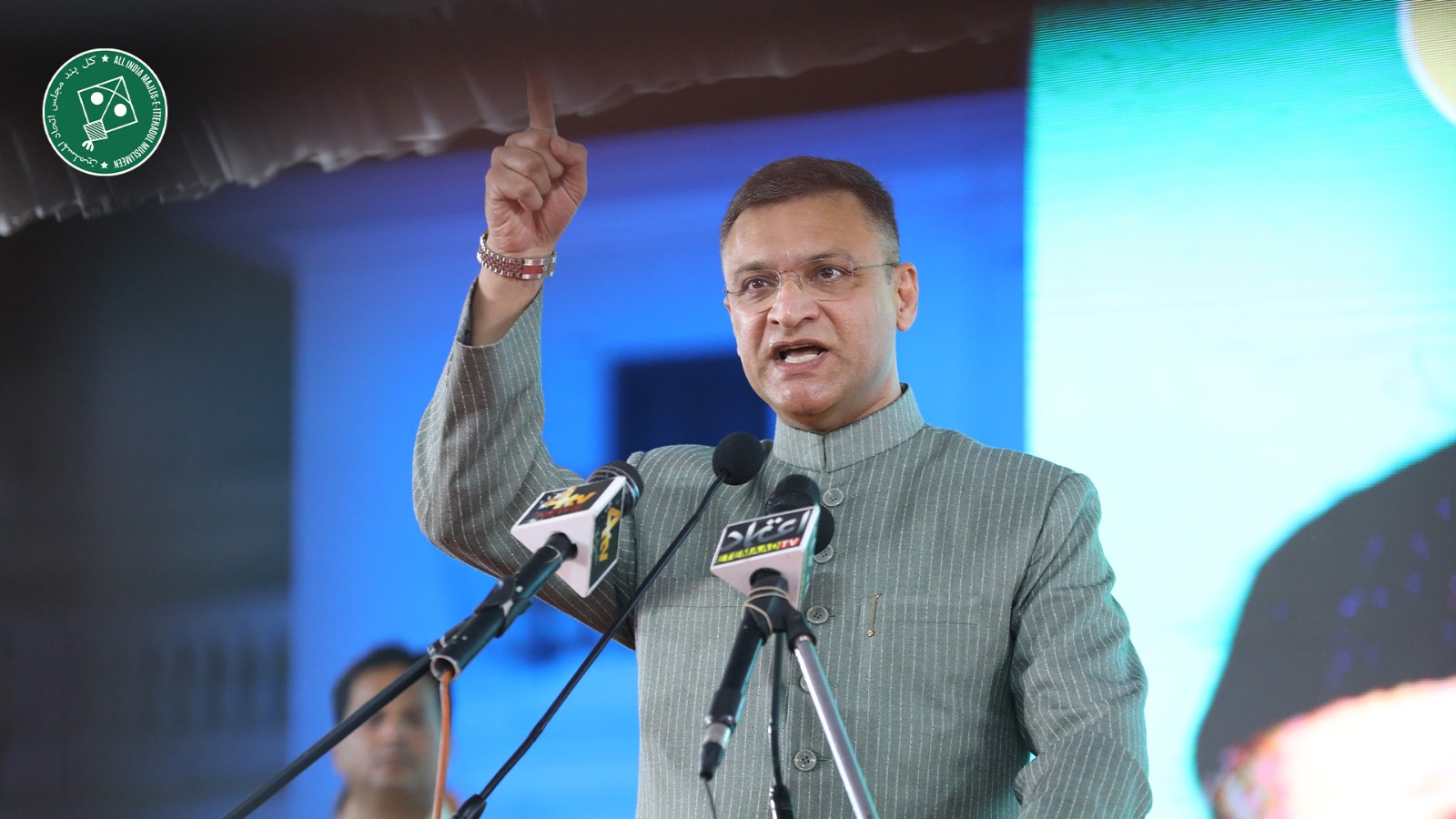ABP proprietor told me not to name Modi, I&B official said ‘anything can happen’, says PP Bajpai
Mon 06 Aug 2018, 14:17:45
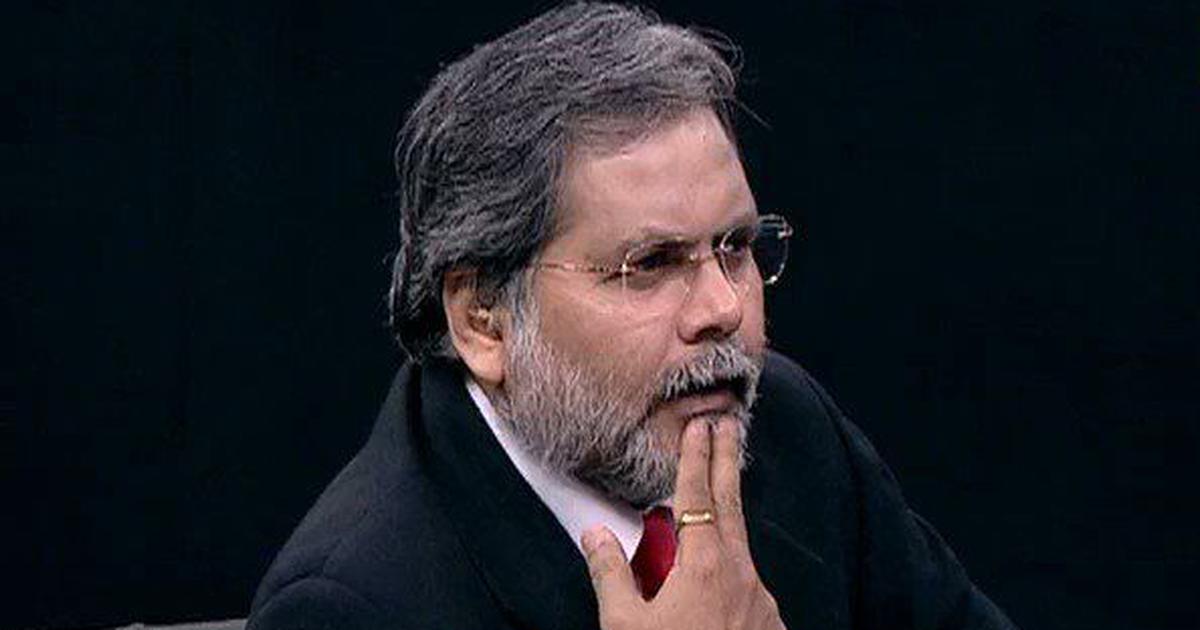
ABP News’ satellite links were disrupted during the ‘Masterstroke’ show because of a report critical of the government, its former anchor wrote in The Wire.
Journalist Punya Prasun Bajpai has claimed that his former employer, ABP News, had asked him to avoid references to Prime Minister Narendra Modi in his criticism of government policies during his prime-time show Masterstroke. His team was also asked to avoid using pictures and video footage featuring Modi, he wrote in an article for The Wire on Monday.
Bajpai’s allegations come on the heels of his and ABP News Managing Editor Milind Khandekar’s resignations, following criticism from senior ministers for airing a report that claimed that a woman in Chhattisgarh had been tutored to make false claims that her income had doubled during a video interaction with the prime minister.
After the report appeared in July, Bajpai said he received a call from a government official who warned him of consequences. Soon after, ABP News began to experience disturbances with its satellite signals and its advertisers were threatened, he claimed.
After he resigned, the satellite signals of ABP News got restored and advertisements were back, he said.
Bajpai quoted a conversation he claimed he had with the editor-in-chief, who is also the proprietor, of ABP News on July 14:
“Is it possible that you do not use Narendra Modi’s name? Use his ministers’ names if you want. You can report on the wrongs in government policies – name even the ministers, but please do not mention Narendra Modi.”
“But if the prime minister himself announces all schemes, and is linked with the work of all ministries, when every minister utters his name every time they mentions any scheme or government policy, how can one not mention him?”
“Let’s see what happens after a few days. You are doing the right thing, but please hold on for now.”
Boycotts and threats
After Masterstroke aired the Chhattisgarh report, its ratings began to rise, but the Bharatiya Janata Party started to boycott the news channel all over the country, Bajpai alleged. Both the party and government decided to stay away from the channel’s annual
summit, he wrote in The Wire.
summit, he wrote in The Wire.
“This gave the message to every news channel that if they oppose the government, their business will suffer,” Bajpai said. “The government of the world’s largest democracy has started the process to strangle the democracy, so that no news channel moves away from praising the government to doing ground-zero reportage.”
The government claimed the Chhattisgarh report of ABP News was false, and ministers began to criticise the channel’s coverage. The channel sent back its reporter to interview the woman. After this follow-up report was aired on July 9, an official from a team that monitors news channels at the Information and Broadcasting Ministry allegedly called Bajpai. The person said “anything could happen now”, and asked him to be cautious, Bajpai wrote in The Wire.
Bajpai said that a 200-member team at the Information and Broadcasting Ministry, headed by an additional director general, monitors the content of news channels. Based on the team’s reports, the Prime Minister’s Office advises editors of news channels, and if they do not comply, they go to the proprietors.
A day after he received the official’s call, the channel’s satellite links started getting disrupted at 9 pm and remained so till 10 pm, Bajpai claimed. Masterstroke is telecast from 9 pm to 10 pm on weekdays.
When this continued for three consecutive days, the channel decided to inform viewers about the disruptions, but the management withdrew this notice too within hours, according to Bajpai.
“The pressure was not just of the channel’s broadcast getting disturbed, but also that information about it should not go out,” he wrote. Soon, not just the national channel of ABP news, but four regional language channels also started getting disturbed, Bajpai wrote.
“Meanwhile, some advertisers – including the largest advertiser who claims to fight against foreign brands – withdrew their advertisements.” There was information that advertisers were also being threatened by “invisible powers”, he claimed.
The advertisement of Patanjali, the company he was referring to, returned on air after his resignation, Bajpai said.
No Comments For This Post, Be first to write a Comment.
Most viewed from National
Most viewed from World
AIMIM News
Owaisi hails SC order on Places of Worship Act
Dec 13, 2024
AAP Corporator Tahir Hussain joins AIMIM party
Dec 11, 2024
BJP-SP two sides of same coin: Asaduddin Owaisi
Nov 19, 2024
Latest Urdu News
Most Viewed
May 26, 2020
Do you think AAP will perform better in Delhi polls without alliance?
Latest Videos View All
Like Us
Home
About Us
Advertise With Us
All Polls
Epaper Archives
Privacy Policy
Contact Us
Download Etemaad App
© 2024 Etemaad Daily News, All Rights Reserved.

.jpg)
.jpg)
.jpg)
.jpg)
.jpg)
.jpg)
.jpg)
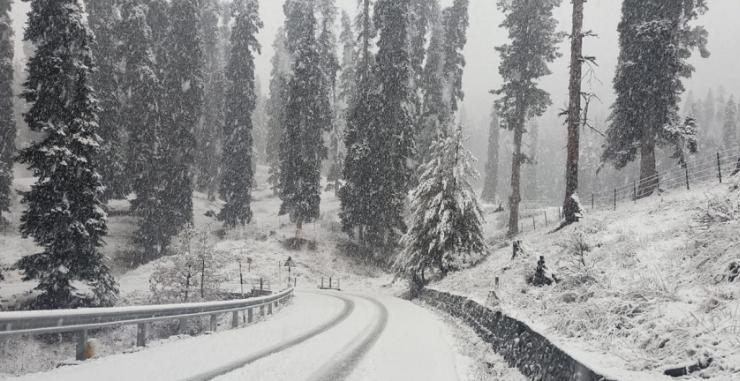

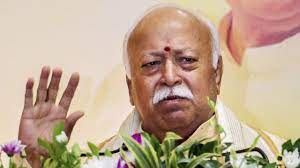
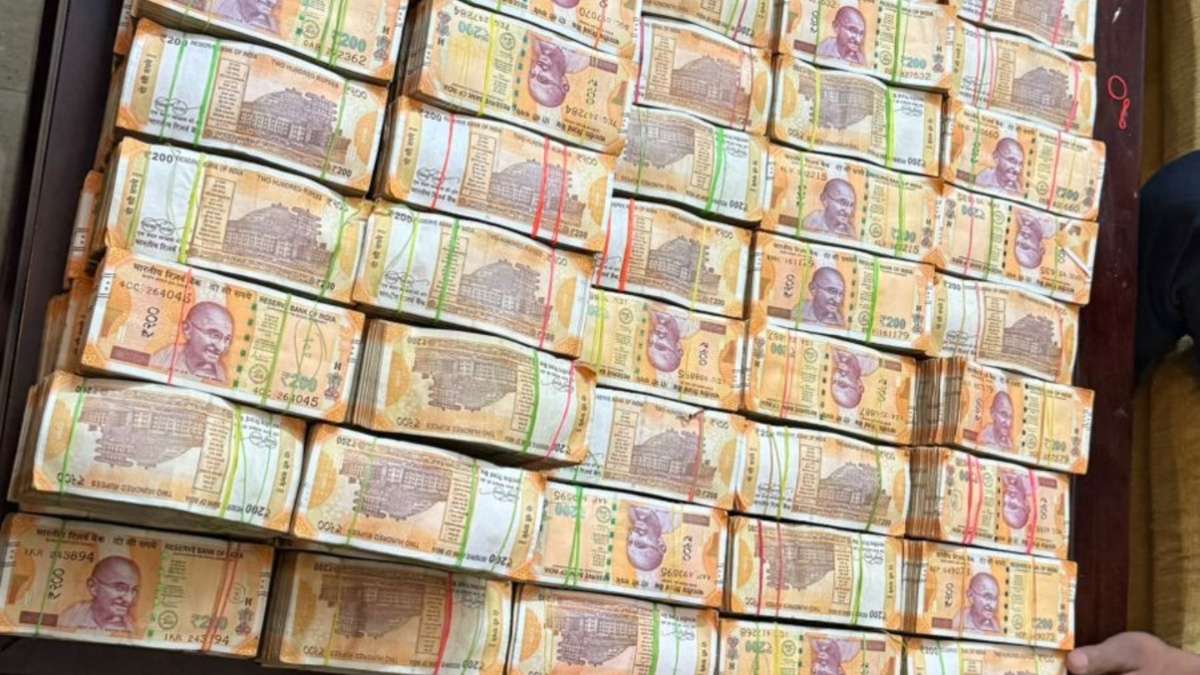

.jpg)
.jpg)
.jpg)
.jpg)
.jpg)
.jpg)
.jpg)
.jpg)
.jpg)

